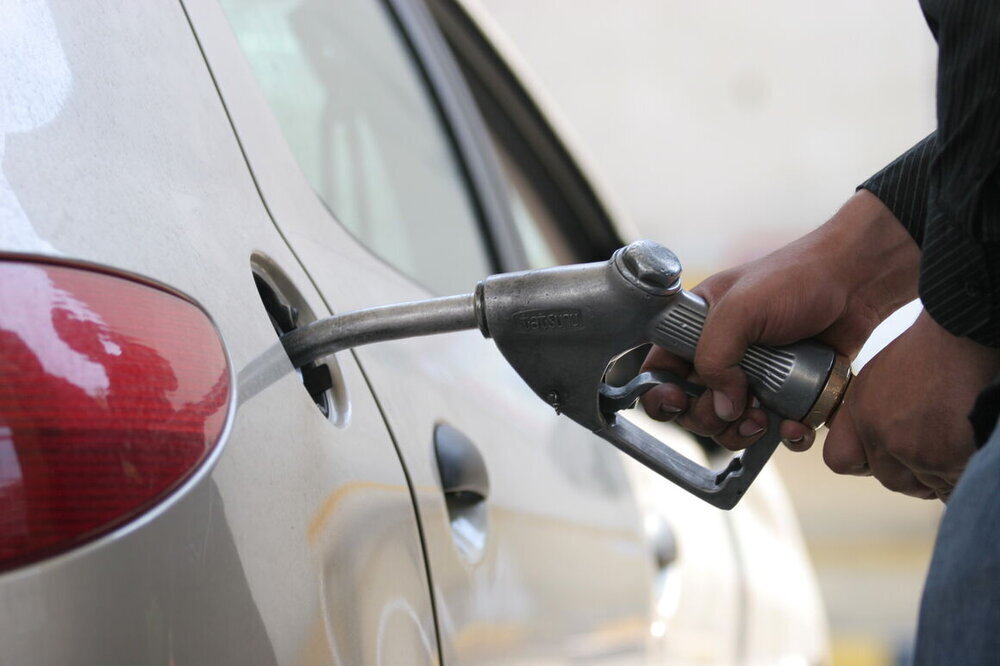Daily gasoline consumption rises to 74m liters

TEHRAN – Average daily gasoline consumption in Iran has once again risen back to 74 million liters as the coronavirus-related restrictions eased and people are back to their normal routines, head of Iran Gas Station Owners Union said.
According to Homayoun Salehi, after the implementation of the rationing program and later the outbreak of coronavirus in early March and April, gasoline consumption in the country declined significantly so that in two days of April the consumption even fell to about 22 million liters, ILNA reported.
“But after the reopening of jobs and returning of people to their businesses, consumption increased by 50 million liters to about 74 million liters per day,” Salehi added.
He pointed to the complete compliance of gas stations with health and safety protocols and said: "From the very beginning of the coronavirus outbreak until now, all gas stations have performed under health and safety standards but we are in a tight spot in terms of providing disinfectants."
Gasoline consumption had fallen to 44 million liters during the Iranian New Year (Norouz) holidays (March 20-April 3) following the travel restrictions applied amid the COVD-19 outbreak.
According to Keramat Veiskarami, the managing director of the National Iranian Oil Products Distribution Company (NIOPDC), in the mentioned 15-day period the country’s gasoline consumption decreased by nearly 50 million liters compared to the figure for the previous year’s same period.
Iranians consumed 94 million liters of gasoline on average during the previous year’s Norouz holidays, Veiskarami said.
Iranian government imposed an intercity travel ban in late March to prevent further spread of the coronavirus during the New Year holidays.
Gasoline consumption in Iran was already following a downward trend since the implementation of a rationing plan by the government.
In mid-November 2019, the Iranian government started rationing of subsidized gasoline and increased fuel prices as part of a plan to reduce the energy subsides to use the revenue for supporting underprivileged families.
EF/MA
